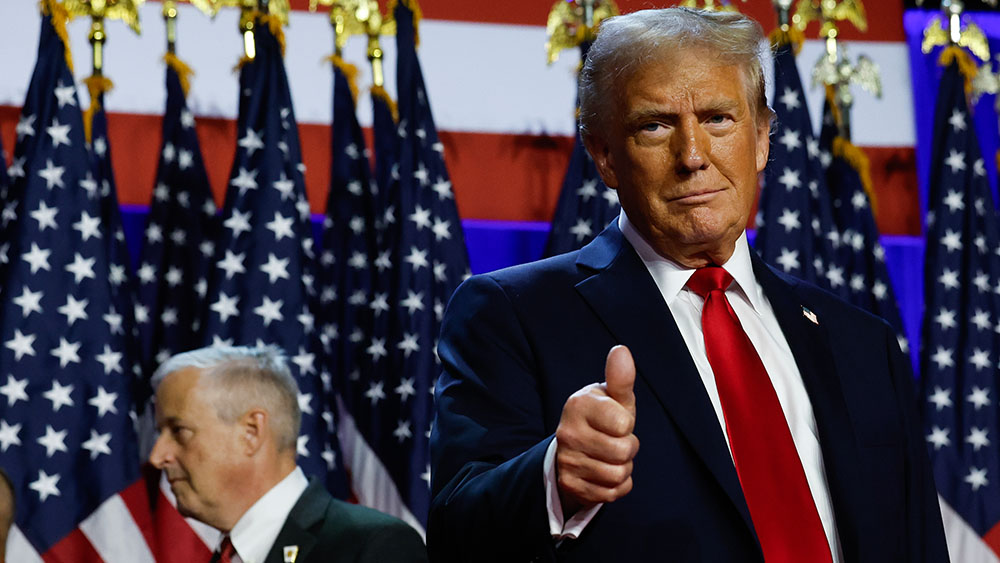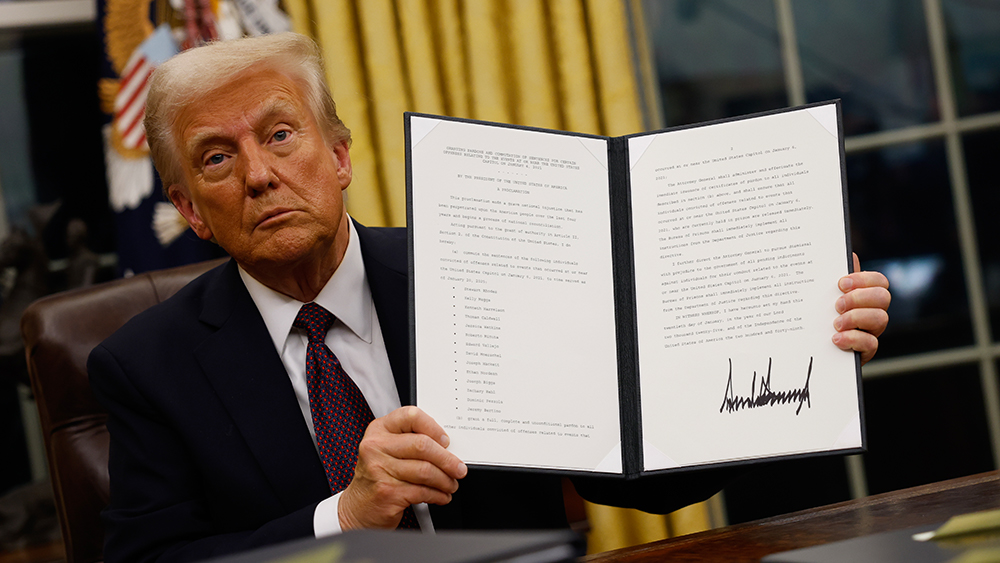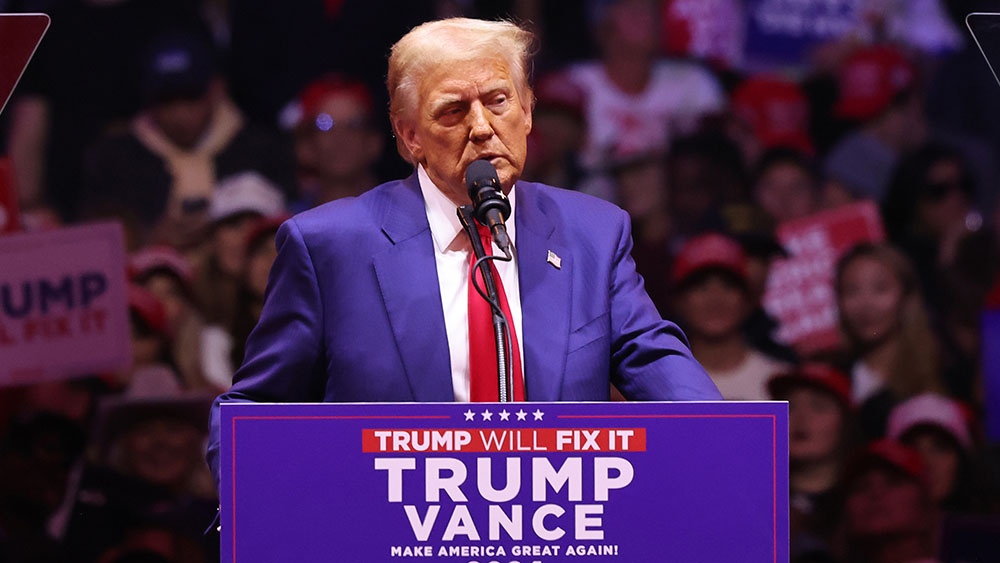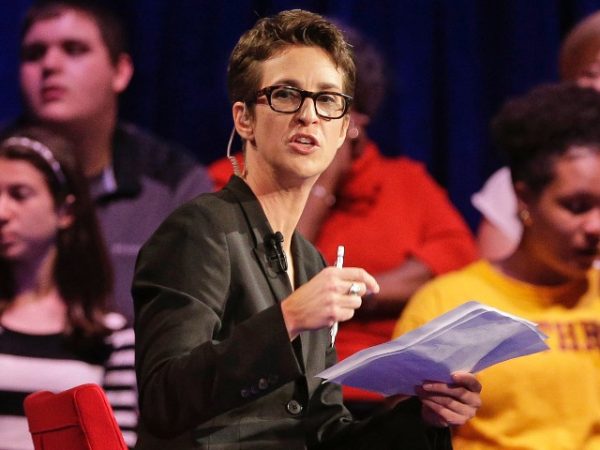 Parler
Parler Gab
Gab
- President Donald Trump has signed approximately 200 executive actions on his first day in office, including 50 legally binding executive orders and over 150 additional directives, described as the most extensive first-day agenda in U.S. history, aimed at reshaping federal policies and fulfilling campaign promises.
- A national border emergency was declared, closing the southern border to illegal immigration. Key measures include reinstating the "Remain in Mexico" policy, directing the military to build more border walls and designating criminal cartels as foreign terrorist organizations. Trump also plans to end birthright citizenship for children of undocumented immigrants, a move expected to face legal challenges.
- The administration will prioritize domestic energy production by "fully unleashing" Alaska's energy reserves and rolling back Biden-era environmental policies. Actions include pausing offshore wind leases, terminating electric vehicle mandates and withdrawing the U.S. from the Paris Climate Accord.
- Trump will implement significant changes to the federal workforce, such as ending Diversity, Equity and Inclusion (DEI) programs, instituting a merit-based hiring system and requiring federal employees to return to in-person work, emphasizing a focus on serving the American people.
- Trump has granted pardons to individuals involved in the January 6, 2021, Capitol riot and suspend the security clearances of 51 national security officials involved in the Hunter Biden laptop scandal. These actions, along with the border and citizenship policies, are likely to face significant legal and political opposition, setting the stage for a contentious and transformative four years.
Historic wave of executive actions
Trump signed 50 legally binding executive orders and issue over 150 additional directives, many of which will be part of "omnibus" packages addressing multiple policy areas simultaneously. "This is a massive, record-setting, unmatched first wave," an official told Fox News Digital. "This is the most extensive list of executive actions in American history, all guided by a relentless commitment to deliver on the campaign promise." Among the most significant actions is a declaration of a national border emergency, which will effectively close the southern U.S. border to illegal immigration. The move includes reinstating the "Remain in Mexico" policy, directing the military to construct additional border wall sections and designating criminal cartels as foreign terrorist organizations. Trump has also taken steps to end automatic citizenship for children of undocumented immigrants born in the U.S., a policy that directly challenges the 14th Amendment and is expected to face legal challenges.Energy, environment and federal workforce overhaul
The Trump administration will also prioritize domestic energy production, with Trump vowing to "fully unleash" Alaska's energy reserves and roll back Biden-era environmental policies. He issued executive orders that will pause offshore wind leases, terminate electric vehicle mandates and withdraw the U.S. from the Paris Climate Accord. Trump has also implemented sweeping changes to the federal workforce, ending Diversity, Equity and Inclusion (DEI) programs across the government, instituting a merit-based hiring system and requiring federal employees to return to in-person work. "There is a massive federal workforce that has been moving its objectives at the expense of the American people—and President Trump is taking command, saying, ‘You will serve the American people and only American people,’" an official told Fox News.Controversial measures and legal challenges ahead
Some of Trump's actions are likely to spark significant controversy and legal battles. He has granted sweeping pardons to nearly all individuals arrested in connection with the January 6, 2021, Capitol riot. More than 1,625 people have been charged with federal crimes related to the event, with over 465 currently in prison. Critics argue that such pardons would undermine the rule of law, while supporters view them as a necessary correction to what they describe as politically motivated prosecutions. Trump has also suspended the security clearances of 51 national security officials involved in the Hunter Biden laptop scandal ahead of the 2020 election, a move that underscores his ongoing focus on what he calls the "weaponization" of the federal government. Additionally, he plans to rename the Gulf of Mexico the "Gulf of America," a symbolic gesture that has drawn mixed reactions.A new era of presidential power
The sheer volume of executive actions reflects Trump's determination to assert control over the federal bureaucracy and deliver on his campaign promises swiftly. "He is reasserting muscular control of the Executive Branch of the U.S. government," an official told Fox News. The administration has framed the actions as part of a broader effort to reduce costs for American families, streamline government operations and restore national sovereignty. However, the use of executive power on such a scale is not without precedent. Past presidents, including Barack Obama and Trump himself during his first term, have relied on executive orders to bypass congressional gridlock. Whether these actions will achieve their intended goals or face significant legal and political hurdles remains to be seen. What is clear is that Trump's second term begins with a dramatic and historic assertion of presidential power, setting the stage for a transformative—and possibly contentious—four years. Sources include: NYPost.com FoxNews.com Yahoo.comTrump’s rapid actions ignite Washington: The swamp drainage accelerates
By Willow Tohi // Share
Trump signs executive orders reversing transgender protections and DEI programs
By Laura Harris // Share
Trump takes aim at MSNBC and CNN, predicts liberal media’s downfall
By Cassie B. // Share
Trump and Milei ignite PRO-FREEDOM REVOLUTION at this year’s World Economic Forum
By Ramon Tomey // Share
Governments continue to obscure COVID-19 vaccine data amid rising concerns over excess deaths
By patricklewis // Share
Tech giant Microsoft backs EXTINCTION with its support of carbon capture programs
By ramontomeydw // Share
Germany to resume arms exports to Israel despite repeated ceasefire violations
By isabelle // Share










